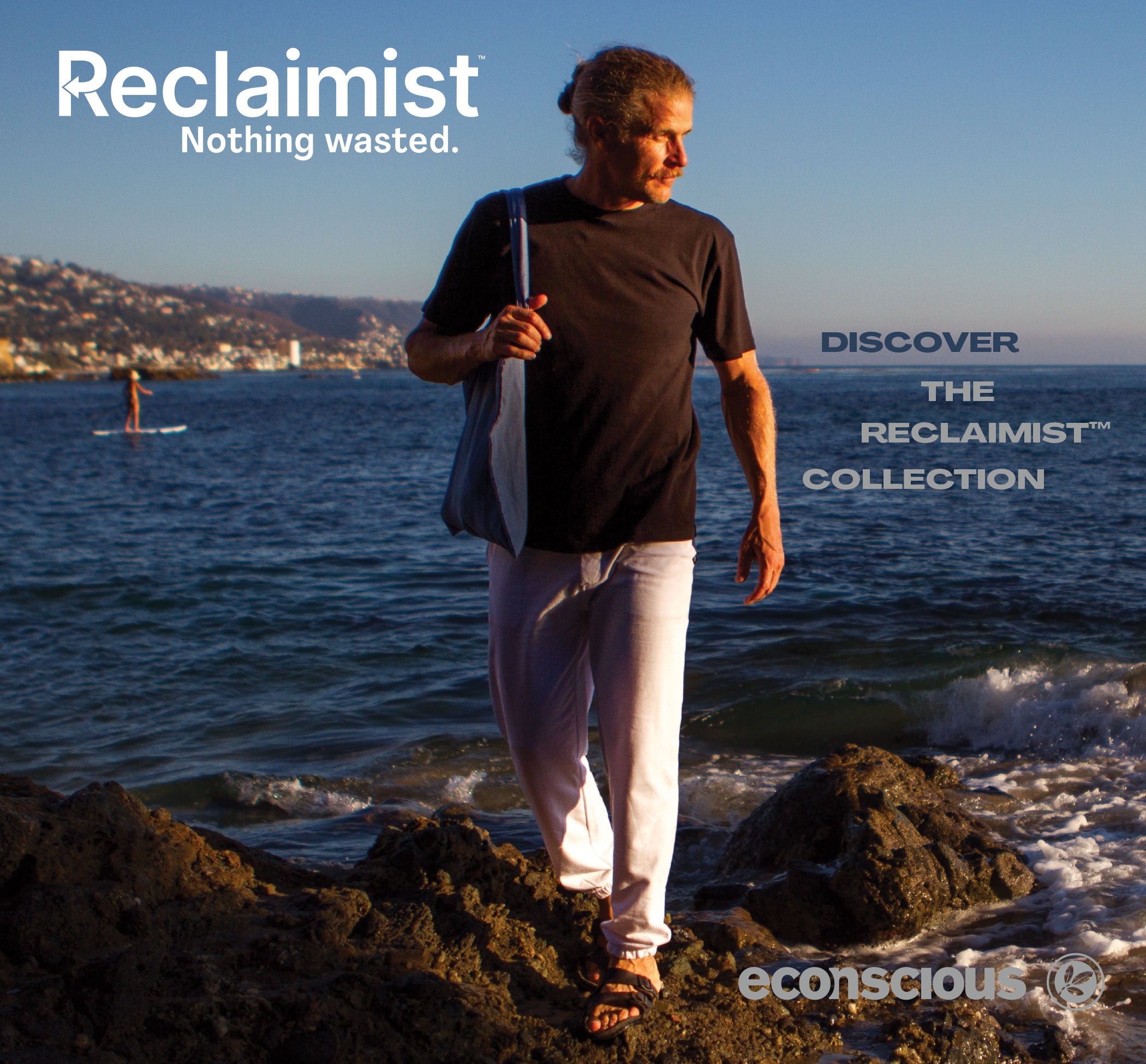econsciousness blog
What are the working conditions in your factories?
Factories we work with agree to ensure and actively engage in upholding the econscious Workplace Code of Conduct which addresses important social compliance standards designed to ensure a safe and hygienic workplace is provided. We’ve worked with most of our factories since our inception and have made regular visits to our production locations an essential part of the way we conduct our business. This allows us to assess workplace conditions first hand. We also employ independent third party agencies to conduct regular on-site inspections. These long standing relationships have allowed us to build partnerships based on trust and our shared goals....
Why focus on “sustainable” textiles?
Textile waste occupies nearly five percent of all landfill space. One million tons of textiles will end up in landfills every year. 20 percent of industrial fresh water pollution comes from textile treatment and dyeing. In 2009, the world used three trillion gallons of fresh water to produce 60 billion kilograms of fabric. It takes 700 gallons of fresh water to make one cotton T-shirt. One trillion kilowatt hours are used every year by the global textile industry, which equates to 10 percent of global carbon impact. (Source: Global Report Market Report on Sustainable Textile, Textile Exchange 2010)
What are the government standards established for organic farming production?
In the US, the standard is the USDA National Organic Program (NOP). The EU standard is the EEC 2092/2091. The Japanese standard is JAS. India and Australia also have organic standards (Source: Organic Trade Association, 2008).
What is organic farming?
The term organic describes a method of farming without the use of toxic and persistent pesticides or fertilizers, sewage sludge, irradiation or genetic engineering, and are certified by an accredited independent organization. It is a system of farming that strives for a balance with nature, using methods and materials that are of low impact to the environment (Source: Organic Trade Association, 2008). Organic farming is not a new trend. In fact, organic farming represents a return to the practices employed prior to the mass industrialization of farming. The primary methods that distinguish organic farming are: Soil: Organic farmers...

